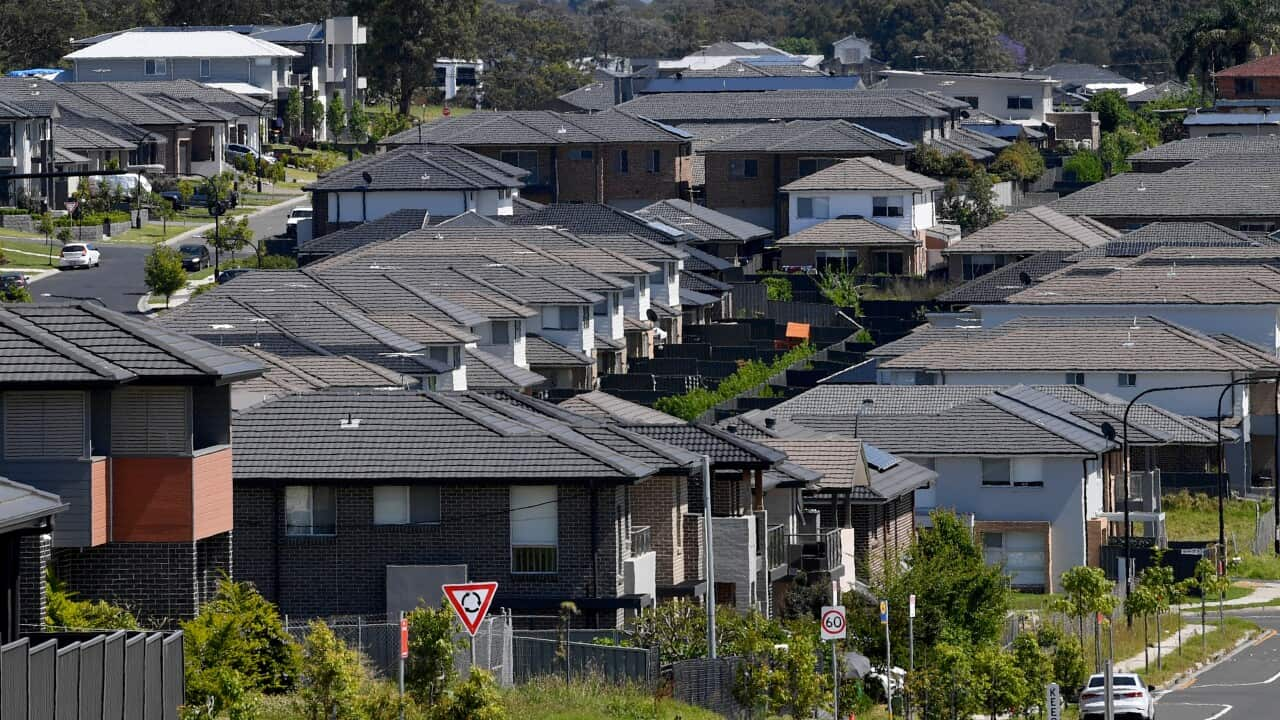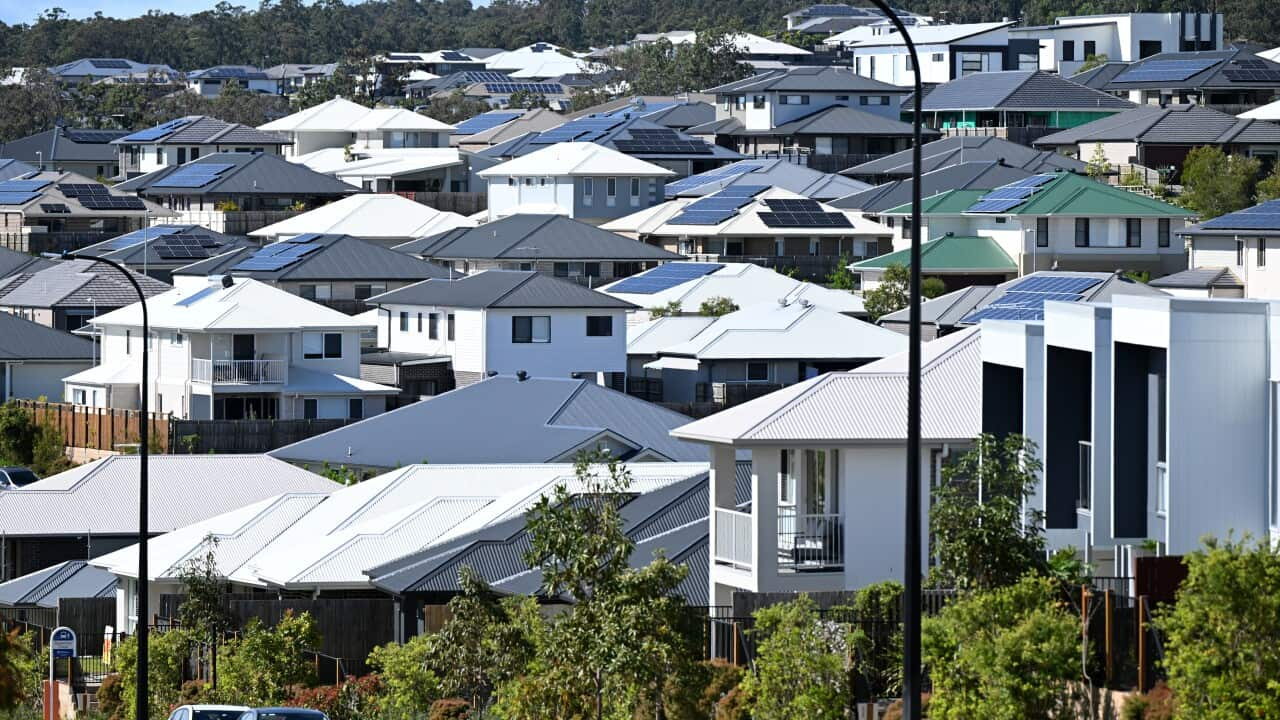Key Points
- The RBA says it needs to bring inflation which sits at 6.8 per cent, down to the bank's target of 2-3 per cent.
- ANZ says the RBA will be more "data dependent" in its decisions from now.
- The Commonwealth Bank is sticking to its position that the cash rate will reach 3.85 per cent.
Reserve Bank of Australia (RBA) governor Philip Lowe says just because interest rates were paused this month, it did not mean increases were over.
Making a National Press Club address in Sydney on Wednesday, Mr Lowe spoke about the reasons the board decided to keep the interest rate at 3.6 per cent in April following 10 consecutive increases.
He said the board decided to hold rates steady to allow time to assess the impact of the increases in interest rates on the economy so far.
Mr Lowe also defended the economic reasoning behind the previous increases, saying the alternative would have been "more persistent inflation and ultimately even higher interest rates and more unemployment'".
But he also gave some hints as to what Australians should expect in coming months and banks have weighed in too.
RBA on rates in the future
Mr Lowe said his board expected interest rates would rise further.
"The decision to hold rates steady this month does not imply that interest rate increases are over," he said.

Philip Lowe the Governor of the Reserve Bank of Australia has spoken at the National Press Club on Wednesday. Source: Getty / Lisa Maree Williams
"Indeed, the board expects that some further tightening of monetary policy may well be needed to return inflation to target within a reasonable time frame," he said.
In response to questions from media following his talk, Mr Lowe pointed to Australia's inflation rate being the highest it had been for 30 years, unemployment being the lowest it had been in 50 years and the country being two years away from getting inflation back to the top of the target range.
"So I think it's too early, way too early, to be talking about interest rate cuts and the balance of risk lies to further rate rises," he said.
What ANZ Bank says
In a reaction statement on the RBA’s decision to pause rate rises, the ANZ Bank predicted there were more rate rises to come.
A statement written by senior economist Felicity Emmett said, “We continue to think inflation will prove persistent enough to require the RBA to tighten monetary policy further in the months ahead.”
The ANZ's belief was “the question is not so much one of ‘where’ the RBA gets to (we still favour 4.1 per cent as the terminal rate), but ‘when’ it gets there.”
Ms Emmett pointed out that changes to the final paragraph of the RBA’s decision confirmed that the RBA was being “more data dependent” having downgrading the outlook from more hikes “will be needed’ to more hikes “may well be needed.”
CBA's position on interest rates
The Commonwealth Bank’s head of economics Gareth Aird also noted this, describing it as a “softening” in the RBA’s rhetoric when speaking with Investor Daily.
In a CBA economics update released after the rate announcement, Mr Aird wrote this could be the point at which the RBA will stop increases before it starts to cut rates.
“Forward guidance has further shifted in a dovish direction and 3.60 per cent may be the terminal rate in this cycle,” he said.
Despite this comment, the bank is sticking to its central scenario that has the terminal rate at 3.85 per cent.
CBA continues to expect interest rates to drop by 0.5 per cent in the final quarter of the year and then by the same amount again over the first half of 2024.











